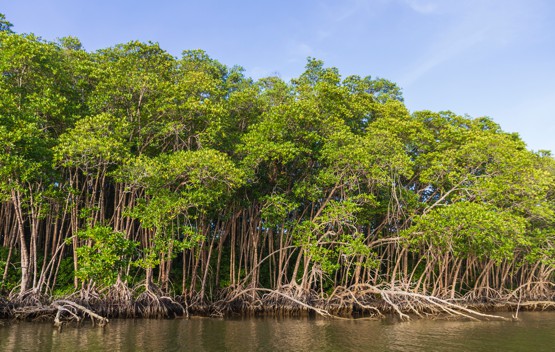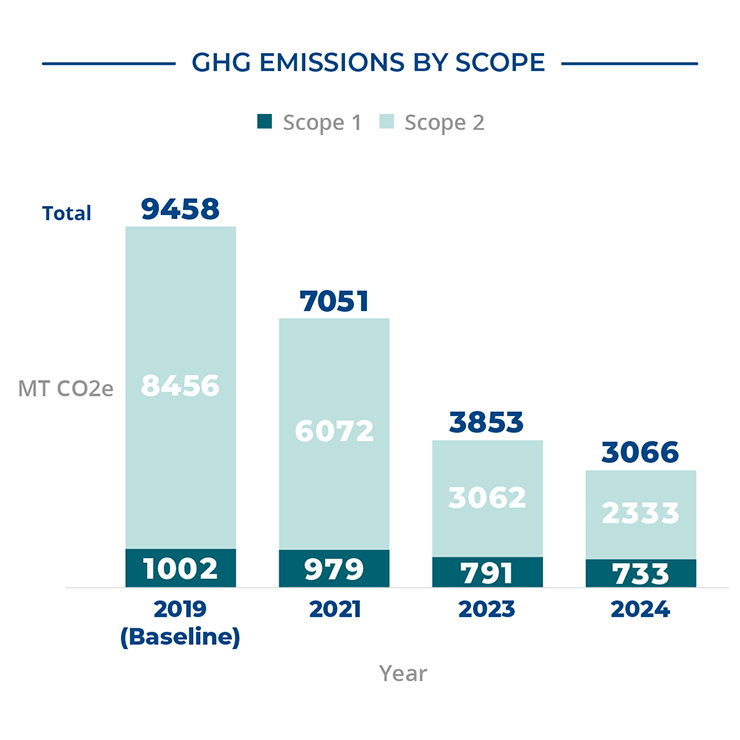ENVIRONMENTAL INITIATIVES
Ocean Health and Environment Conservation
The Pacific Life Foundation has committed $2.5 million in grant funding through 2026 to support ocean health and marine mammals. To date, $18.6 million has been invested in the preservation and conservation of marine mammals and the health of our oceans.
Focused funding is helping to support programs at The Nature Conservancy, Ocean Conservancy, Oceana, and World Wildlife Fund, along with additional funding of ocean- and environmental-related charitable organizations at the local, regional, and international level. We further mobilize our employees to engage in environmental cleanups and activities across six countries around the world.




